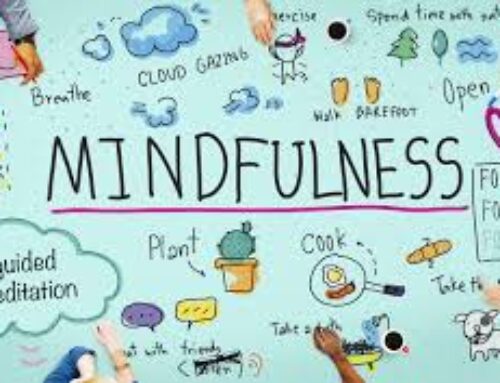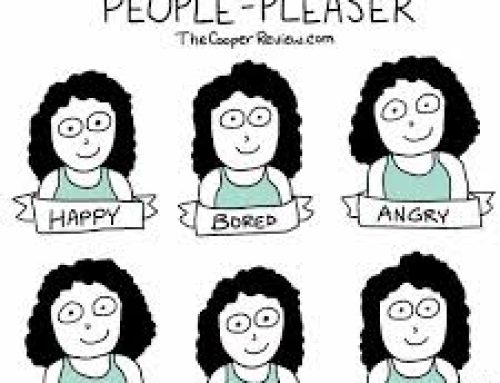
Today’s advancing technology can make using your phone for good mental health a good choice. Your phone can offer a variety of options for tackling and managing symptoms. You can get great feedback about frequency, intensity, and impact of symptoms; which can make it easier for you and your therapist to make a plan about what to do. The perks? No appointment is necessary and you can boost confidence by tracking your improvement. Check out below for some suggested apps and their intended best usages. Please note, if you decide to utilize one or many, have a conversation with your therapist so they can help with setting up what to track and how to measure.
While not an exhaustive list, check out these inexpensive (or free) options for using your phone for good mental health.

Stephanie Phillips, LCMHCS, NCC, CCTP
Psychotherapist & Owner
The Mindly Group, PLLC




